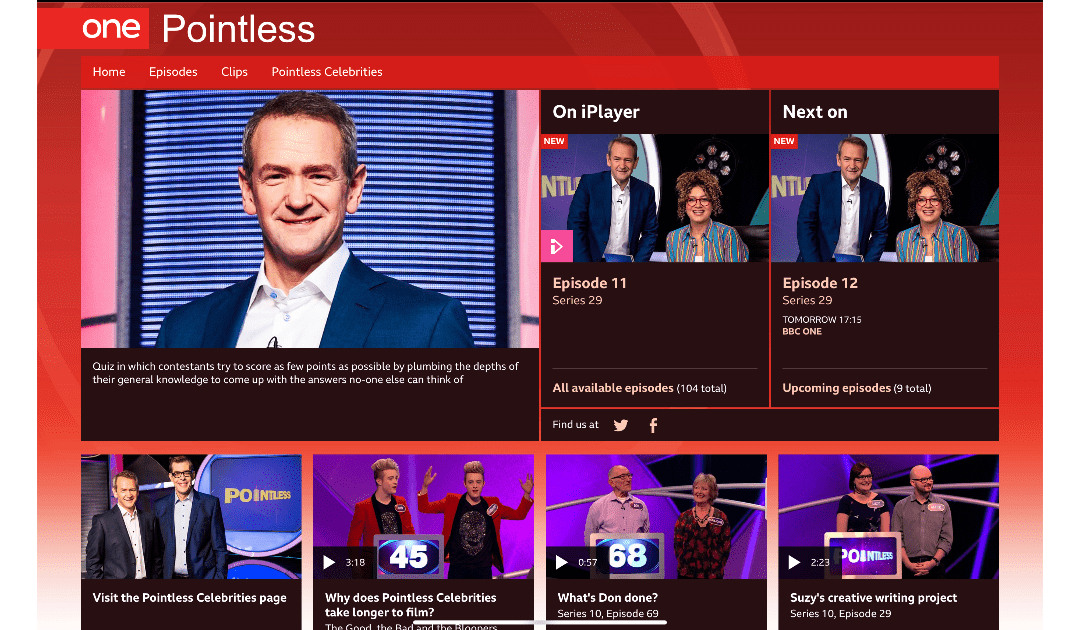Claire and I often watch Pointless in the afternoon. It’s a quiz show hosted by Alexander Armstrong. The format is to try and choose an answer that is the most obscure correct answer. One of the rounds today were clues to phrases which are rapidly dying out. We were given the first letters of the phrases and what they meant.
I got the best two answers. The clue for NYCTTM was something like “to defiantly show your opinion and hold it to the end.” which is nail your colours to the mast. The other answer was CPBS with the definition “to offer someone something which they couldn’t know the value of.” The answer is cast pearls before swine.
I know that language evolves. If I were to write my Sir Anthony Standen Adventures in the English of the period, Shakespearean English, I don’t think I’d sell very many. However a part of me doesn’t want to let these phrases die out completely. I want to use them in my books. On the other hand, I’m very careful about being historically accurate. I fear being caught out feeding my characters something that wasn’t available then. Anthony was almost caught peering through a telescope, before the telescope had been invented. Luckily, my accuracy antennae twitched, and I snatched the telescope from him.
So my question is this. Is there a difference between avoiding authentic language of the period in order to be readable, and deliberately using a phrase that wouldn’t have been used at the time? Casting pearls before swine is a biblical phrase, so that’s not a problem. Nailing your colours to the mast dates from the Battle of Camperdown and HMS Venerable, the flagship of Admiral Duncan. The main mast was struck by a cannon ball, and the colours (the admiral’s flag) came crashing down. To strike or take down your colours is a signal of surrender. Jack Crawford climbed what was left of the mast, and nailed the colours to it.
The Battle of Camperdown was in 1797, so that’s the origin of the phrase. Do you think there would be sufficient artistic license for me to use it? Is preserving dying phrases worth a little economy with the truth? Let me know what you think via the contact page. If you have any phrase that you would like to be preserved, tell me. If I agree, then I’ll try and work it into my next book, and give you credit.

